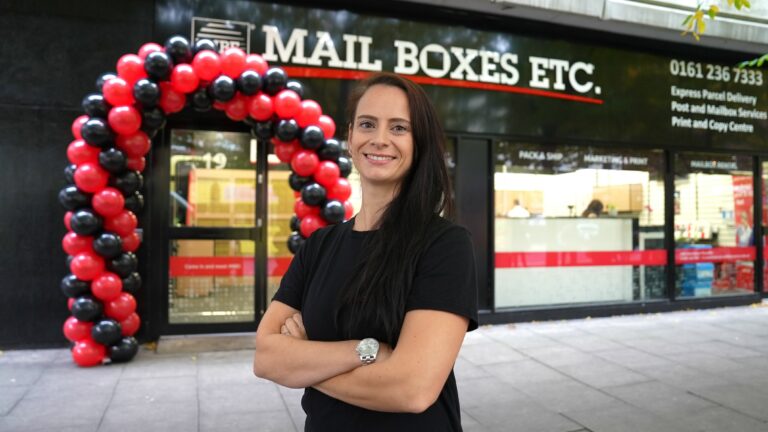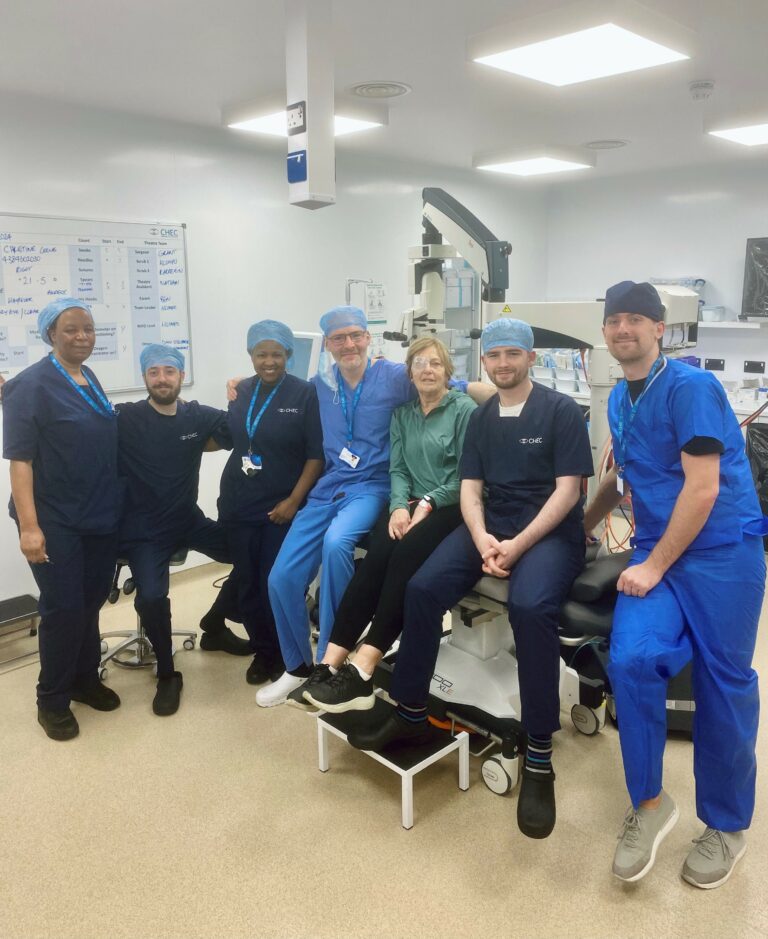The 6-in-1 Wimbledon Olive Leather Handbag achieves 300% of its funding goal within three days on Kickstarter.
Renowned designer Esin Akan has launched her 6-in-1 Wimbledon Olive Leather Handbag on Kickstarter, reaching 300% of its goal in just three days. The campaign success underlines high demand for sustainable, high-quality handbags that offer versatility and style at an affordable price. The campaign will continue until Monday, 25 November, giving early supporters a chance to own this innovative bag at a special price.
The Wimbledon Olive Leather Bag delivers luxury without the typical luxury pricing, crafted from sustainable olive leather that provides exceptional quality. Designed for modern women, this handbag adapts to any setting, from the boardroom to the gym.
Six Reasons the Wimbledon Bag Stands Out:
- Multi-Functional Design: Offering six ways to carry, the Wimbledon Bag easily shifts from professional to casual styles. With its well-organised interior, it accommodates essentials with ease, making it suitable for various occasions.
- Sustainable Material: The Wimbledon Bag is made from olive leather, an eco-friendly alternative that’s biodegradable and free from animal cruelty and PVC. This leather, derived from olive oil waste, is both durable and elegant, aligning with a commitment to reduce plastic pollution.
- Affordable Luxury: By working with top European manufacturers, Esin Akan ensures high-quality craftsmanship without the inflated price, delivering the quality of premium brands at an accessible cost.
- Made to Endure: The Wimbledon Bag is durable, featuring water-resistant, scratch-resistant materials, tarnish-proof hardware, and long-lasting edging to ensure it looks new for years.
- Thoughtful Organisation: Designed with practicality in mind, the bag includes a range of compartments, keeping items neatly organised.
- Award-Winning Background: With experience from leading brands like Burberry, Esin Akan applies her expertise in design and sustainability to her unique handbag collection, inspired by her studies in Milan and an MBA from London Business School.
Empowering women to stand out with bags that combine luxury and sustainability, Esin Akan invites supporters to visit the Kickstarter page and secure the Wimbledon Bag at a reduced launch price.












